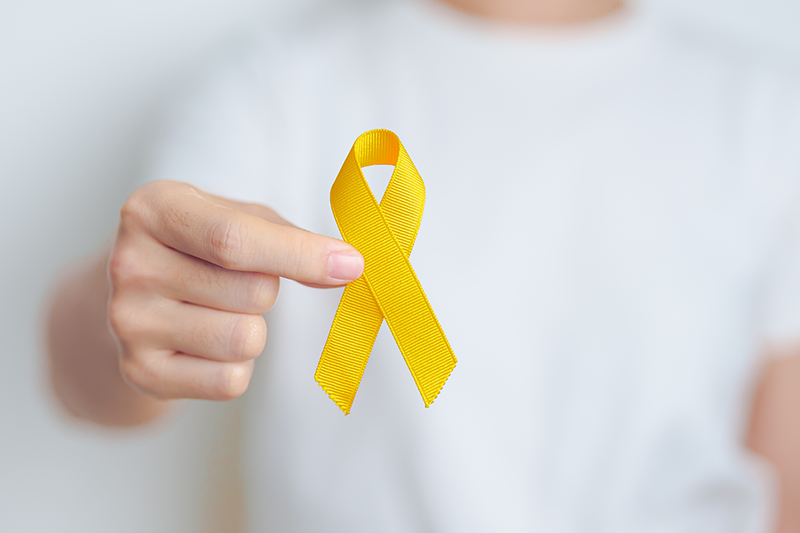The UK’s Worker Protection Act came into force last October; now is the time for all employers to act.
World Mental Health Day is on 10 October. The theme this year is Dignity; dignity around how we treat people with mental health problems and ensuring that they can live with dignity.
Mental health problems are invisible which make them more difficult for others to appreciate and understand. At the same time, because we find our sense of self in our thoughts, our state of mental health goes to the very heart of who/what we are – it is much easier to distance oneself from a damaged leg than it is from a damaged state of mental health. This makes the issue of dignity so very important.
We can all play our part. There is the language we use and is used around us – “mad”, “nutter”, “psycho” and many more. I always find it ironic that “psycho” is a term of abuse when you think about its derivation – would we call someone “cancer” or “diabetic” as a term of abuse? But as important as our language is our willingness and ability to talk to someone about how they are. It is just a conversation. Showing someone suffering from mental health problems that you understand they are suffering and that you are OK with talking about it will be so helpful to them.
Related Articles

5 reasons workplaces should embrace neurodiversity, and learnings from Bahar Khorram vs Capgemini UK

Four reasons workplaces should be thinking about the topic of suicide

Guest Q&A – Visa’s Vice President of Regulatory Law in UK and Europe


HR Magazine: Mental health support is still too reactive
Workplaces need to be much more proactive about mental health, Mark O’Grady shares four ways how.


Forbes: Tackling loneliness in remote working
Our expert Amanda Okill tells Forbes what actions organisations and individuals can take.




